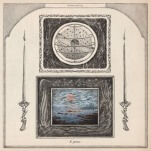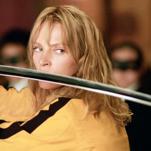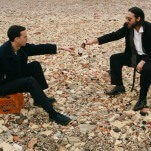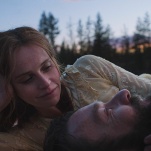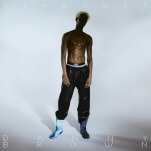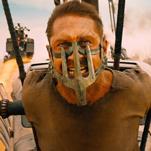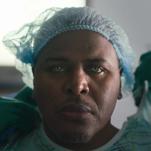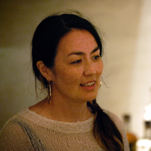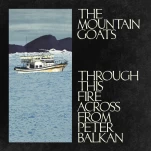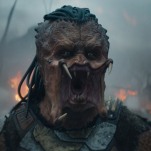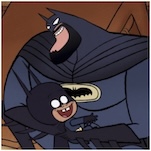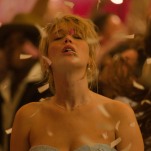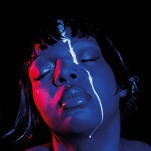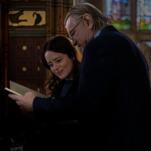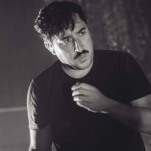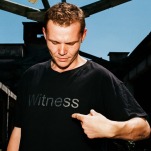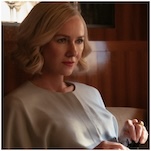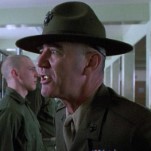Ariadne’s Thread: Netflix’s Dark and the Trouble with Overcomplicated TV
Photo: Julia Terjung/Netflix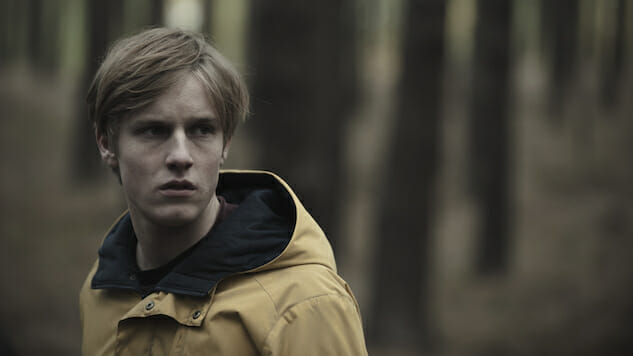
In Greek legend, Ariadne, Goddess of the Labyrinth, unspools her thread for the Athenian, Theseus: She is an accomplice in his escape from her father’s maze, after he’s gone in to slay the Minotaur. In the new German legend, Dark, which debuted on Netflix in December, Ariadne appears as a form of stagecraft, clutching a blood-red segment of rope: She is a metaphor for our entrapment in the series’ maze, its drama of overcomplication. For “Ariadne’s thread” is also a term from the realm of logic, an approach to multivalent problems in which each path to a potential solution—each thread—is followed to its conclusion. “Trace every step, inch by inch, point by point,” as Carole Maso describes the process in her novel Mother & Child. “Blindly exhaust the search space completely.” This, to my mind, is the trouble with Dark: It asks us to follow its threads as far as we can bear, but in the end its problems may not be worth solving.
-

-

-

-

-

-

-

-

-

-

-

-

-

-

-

-

-

-

-

-

-

-

-

-

-

-

-

-

-

-

-

-

-

-

-

-

-

-

-

-





